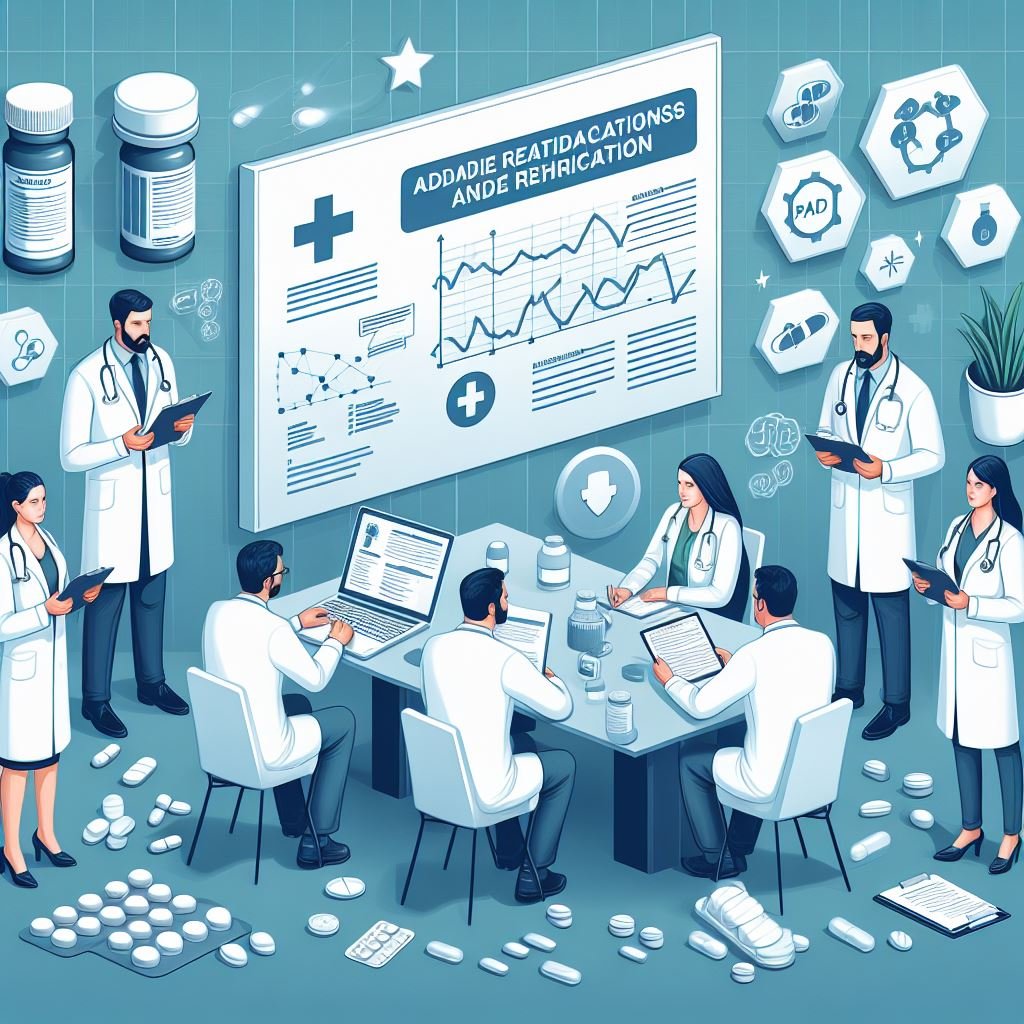Imagine you’re at a party, having a great time. The music is just right, the food is delicious, and you’re surrounded by friends. Suddenly, you feel a tap on your shoulder. You turn around and come face-to-face with a person you didn’t invite or expect to see. This unexpected guest can be compared to an adverse reaction in the world of medicine.

An adverse reaction, in simple terms, is an unwanted guest at your body’s party. It’s an unexpected, harmful reaction that occurs after the administration of a drug or combination of drugs under normal usage. Just like the uninvited guest at the party, an adverse reaction is not something you want or anticipate.
Adverse reactions can range from mild to severe. A mild adverse reaction might be a slight headache or a bit of nausea, similar to a guest who’s a little annoying but doesn’t ruin the party. On the other hand, a severe adverse reaction can be life-threatening, like a guest who starts a fire in the middle of the living room.
Now, you might be thinking, “Why do adverse reactions occur?” Well, just like how different people react differently to the uninvited guest at the party, different bodies react differently to drugs. Factors such as age, gender, health status, and genetic makeup can influence how a person reacts to a drug.



